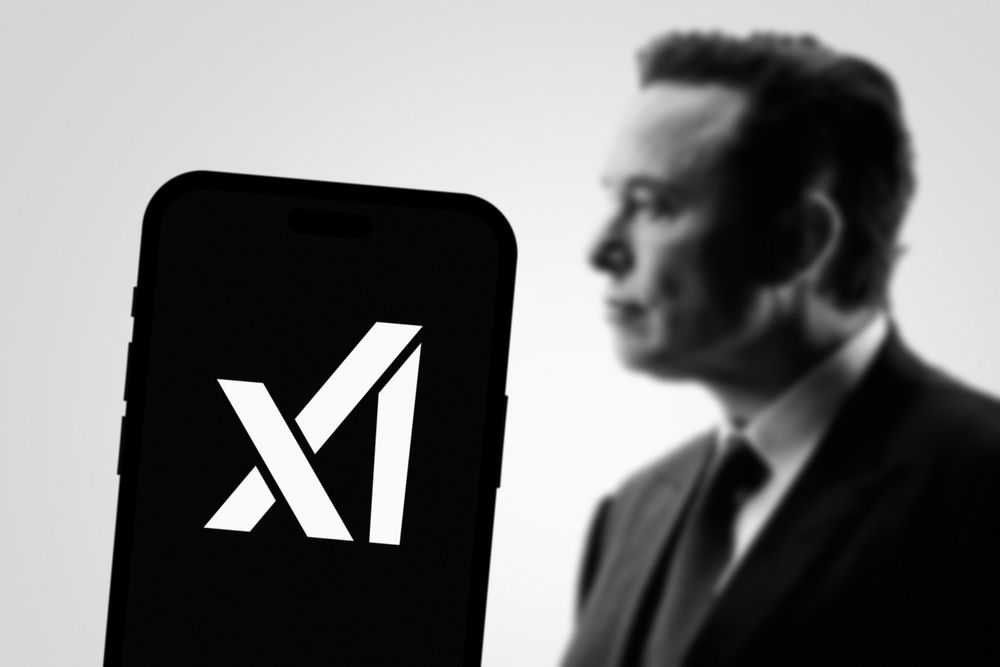A heavy metal band’s shocking performance threatens to erode public decency by staging a phony beheading of Elon Musk and a mock murder of Trump, igniting a fierce backlash.
Controversial Festival Performance Sparks Outrage
At a recent music festival, a heavy metal band staged a performance featuring the mock beheading of Elon Musk and a simulated murder of President Trump. This act has drawn widespread condemnation for crossing the line from provocative art to grotesque spectacle. Critics argue that such performances normalize violence against real individuals, undermining societal norms that value respect and decency.
Heavy metal band stage phony beheading of Elon Musk, murder Trump in shocking festival performance https://t.co/Ali8xjAAnI pic.twitter.com/JQUJFNUDMF
— New York Post (@nypost) September 21, 2025
The performance quickly became a hot topic on social media platforms, with users divided between viewing it as a form of free expression and condemning it as reckless and harmful. This incident underscores the ongoing debate over what constitutes acceptable humor or satire, particularly when it involves depictions of violence against identifiable people.
Role of Social Media in Amplifying Content
Social media platforms like X and TikTok play a crucial role in the rapid dissemination of content, often amplifying controversial performances to a wide audience. The algorithms designed to boost engagement inadvertently promote sensational content, raising questions about the responsibility of these platforms in moderating what content gets seen and shared. The virality of such performances often exacerbates their impact, as they reach audiences far beyond the initial event attendees.
As these platforms continue to evolve, there is an increasing call for them to prioritize user well-being over engagement, with advocacy groups urging for stricter content moderation policies. However, implementing effective moderation remains a challenge, with critics pointing to inconsistent enforcement and the grey areas surrounding artistic expression and harmful content.
Ethical Implications and Societal Impact
The ethical implications of such performances are significant, as they contribute to the desensitization of audiences to violence and potentially shift societal norms around acceptable behavior. When performances trivialize violence against real people, they risk entrenching harmful ideologies, particularly among younger audiences who are highly impressionable to media influences.
With the rise of digital media, the boundaries of free speech and responsible content creation are constantly tested. It is imperative for society to engage in meaningful discussions about the impact of such content, balancing the protection of artistic freedom with the need to prevent harm and uphold public decency.
Sources:
Daily Sabah, “Shaping reality: How media amplifies and normalizes violence”
UCL, “Social media algorithms amplify misogynistic content to teens”
Knight Columbia, “The Algorithmic Management of Polarization and Violence on Social Media”
PMC, “Desensitization to Media Violence: Links With Habitual Media Violence Exposure”

